Recently, Mr. Johan van den Ban - General Director of De Heus Vietnam had a discussion on the topic "Sustainability - the key to creating advantages for the Vietnamese livestock industry". Mr. Johan has lived in Vietnam for more than 6 years and has visited 63 provinces and cities in Vietnam.
Taking on the position of General Director of De Heus Vietnam (a member of the De Heus Group from the Netherlands) - one of the leading enterprises in the independent market animal feed business in terms of scale, output and revenue - Mr. Johan said that the Vietnamese livestock industry has recently made many significant strides.
Vietnam's livestock farming has made many significant strides.
“About 15 years ago, when De Heus entered Vietnam as a Dutch family-owned company, our main customers were distributors of our feed products and nutritional solutions combined with our feed, mainly selling these products to small farmers – those who only had about 1,000 chickens, 20 pigs or a few cows,” said Mr. Johan.
But today, the Vietnamese livestock industry has become much more professional. This goes hand in hand with the expansion of the average size of farms, so in our client portfolio, we are doing more direct business projects with farms together with distributors and agents."
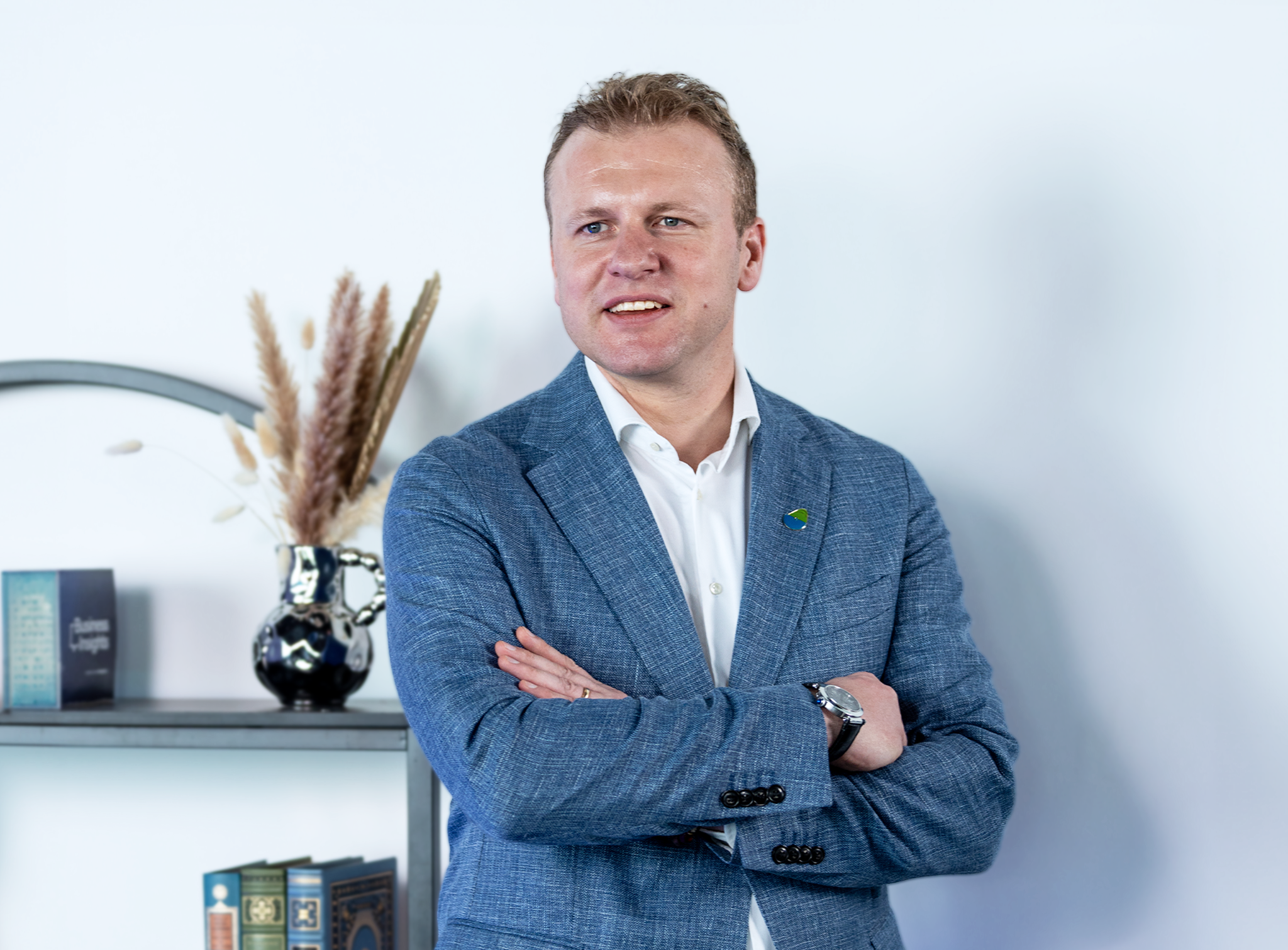
Mr. Johan van den Ban - General Director of De Heus Vietnam.
Sharing his views on sustainability in the livestock industry, Mr. Johan van den Ban said that sustainability can be understood as ensuring our living environment, for example, no trees are cut down to clear land for production. "I see that many people do not care about sustainability, including consumers if we look at their behavior. Consumption capacity has a direct impact on farming and livestock farming methods in Vietnam. At the same time, we also see more and more strict regulations from the Vietnamese Government compared to other countries in Asia or around the world to ensure that livestock farms comply with environmental regulations," Mr. Johan commented.
Currently, De Heus is operating in both livestock, poultry and aquaculture feed. And Mr. Johan sees two different trends. For aquaculture, most of the output is exported such as shrimp, pangasius, and other marine fish to large markets such as the US, Europe, Japan, and Korea... - places with high requirements for food safety and antibiotic residues. And so, farmers in the aquaculture value chain know they must comply with increasingly high standards.
Meanwhile, with the livestock sector, it is currently mainly consumed domestically. If farms become more professional and reduce antibiotics, the Vietnamese livestock industry can completely export a large part to the markets.
"To do that, it is necessary to apply higher standards from the farmers' production stage, ensuring that people can always access healthy and affordable food products. I believe that the domestic market of more than 100 million people is a great opportunity, when consumer demand changes, the way farmers do things will gradually change. However, it all has to start with thinking, farmers have to think about it every day" - Mr. Johan affirmed.
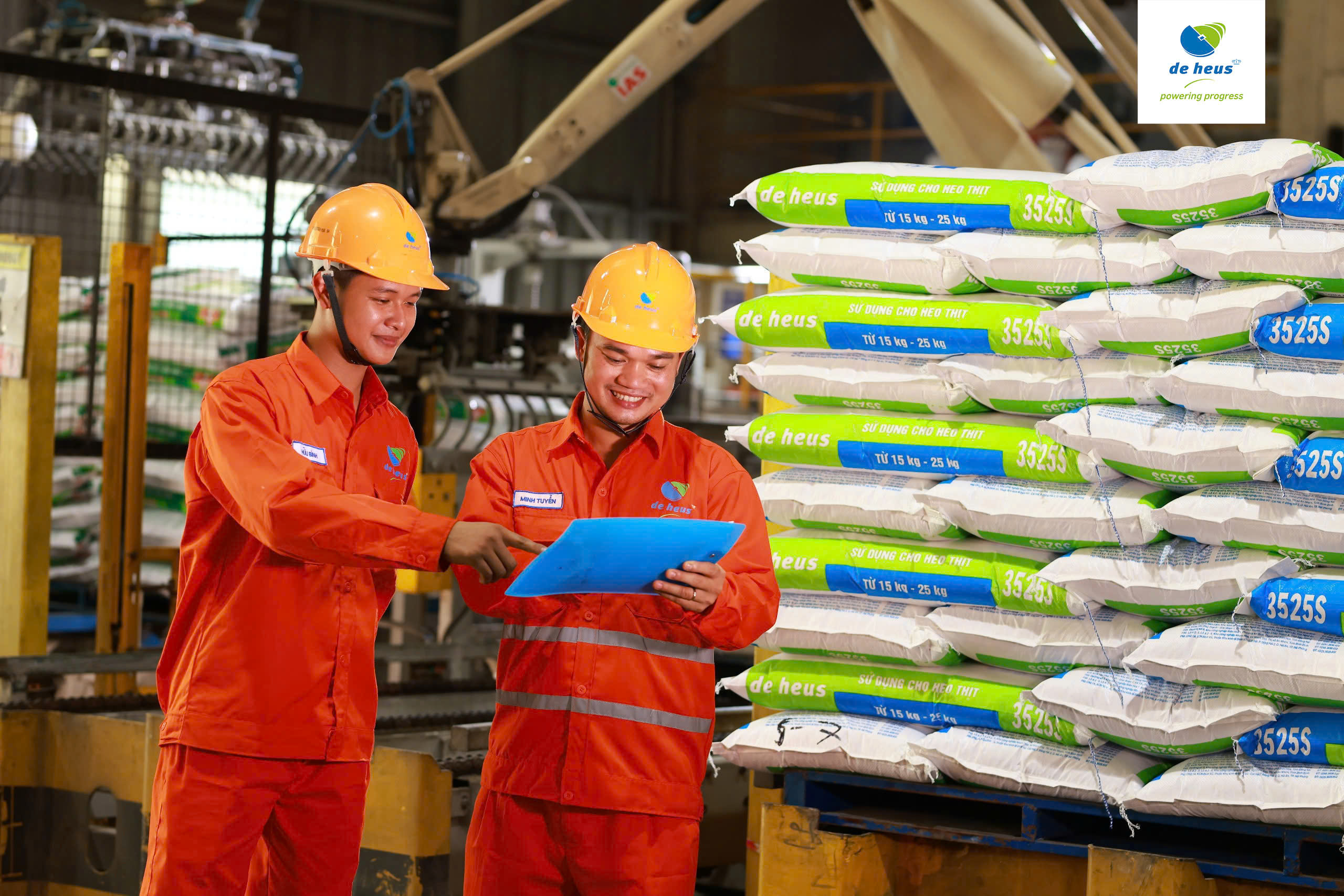
At De Heus, staff always have the opportunity to learn and develop themselves in a modern, safe working environment... De Heus Vietnam has been honored as the Best Workplace in Asia for three consecutive years.
De Heus builds 4 pillars of sustainable development
Mr. Johan said that the Dutch De Heus Group has built a sustainable development strategy with 4 main pillars. Under each pillar, there are projects to ensure that the set goals are achieved, and applied globally, in which Vietnam is one of the important markets today.
"One is animal feed for food. Two is a sustainable supply chain, including where the raw materials for animal feed come from, is it clear and transparent? Three is taking care of the community, including the villages where our customers are farmers, agents... Finally, regarding the company team - those who are contributing to the overall development of De Heus, we constantly strive to improve our qualifications, provide a safe working environment, as well as opportunities for employees to develop themselves" - Mr. Johan said.
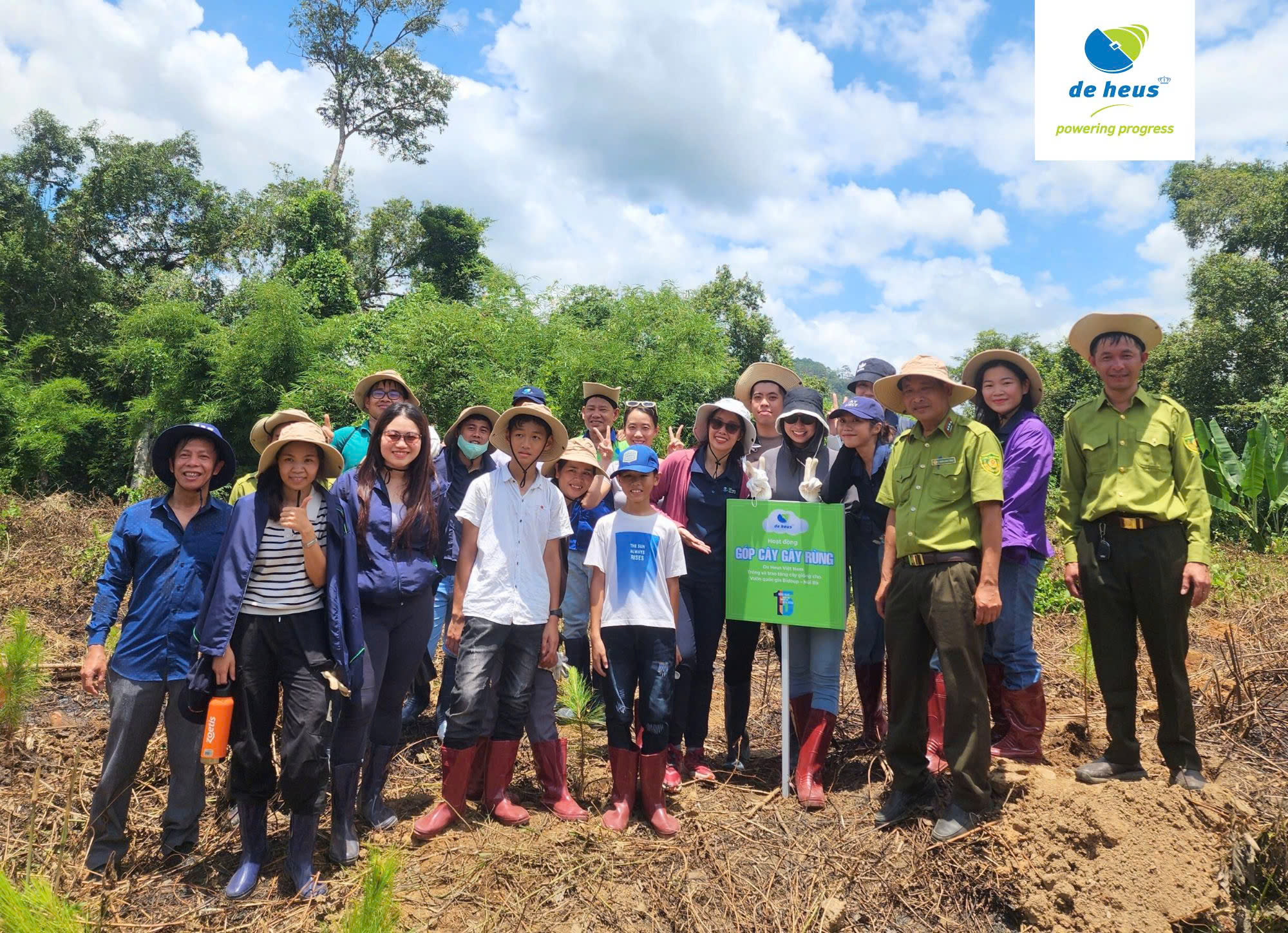
De Heus staff participate in the “Contribute Trees, Plant Forests” program to create a positive impact on the environment and community.
To implement these four pillars in the Vietnamese market, General Director Johan van den Ban said that every day, a team of hundreds of De Heus technical experts work with farmers to provide them with solutions such as more efficient silo systems for feed, thereby eliminating the need for packaging. De Heus also helps farmers calculate the impact of on-farm animal husbandry on the environment, through which we want to help them realize that, sooner or later, they will have to join the journey towards Net Zero.
"Large farms, young people will be pioneers, and we will connect them with buyers who have high demands on quality, meeting international market standards... We have been doing this for many years in places where De Heus is present, including Vietnam, with the desire to lead them on the path of sustainable development, reducing costs and increasing profits," said Mr. Johan.
Mr. Johan also affirmed that the important strategy of De Heus Group for more than 100 years is not to compete with farmers but to be their partner. "I think cooperation is important, because after all, they are the "key", without farmers, we have nothing" - Mr. Johan affirmed.
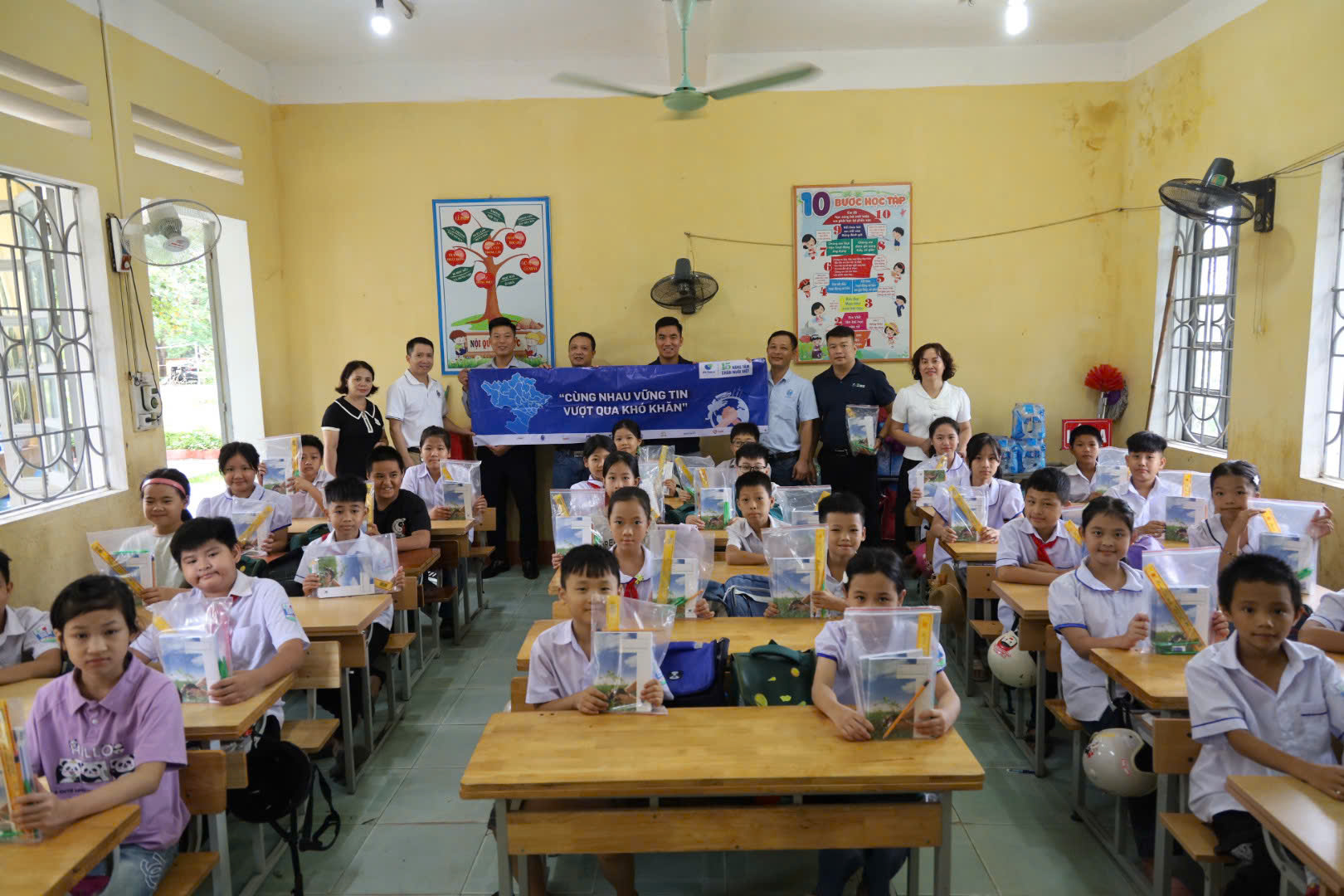
De Heus Vietnam gives gifts to students in areas affected by floods.
Joining hands with the Vietnamese Government towards the goal of Net Zero
Sharing about the Net Zero target by 2050, Mr. Johan said: "It is an ambitious target and we strongly support it. Currently, De Heus Vietnam is actively participating in various tasks as a "host", together with the Ministry of Agriculture and Rural Development, associations, especially the European Business Association in Vietnam... The solution now is to have a clear database, guidelines, and policies to create a level playing field to attract businesses and stakeholders to participate, committing to reduce greenhouse gas emissions together".
After many years of living and working in Vietnam, the Dutch General Director said: "I really want to improve my trade and social life, so we want to export more than import, the immediate goal is to export chicken meat to the Halal market. Previously, we exported livestock products to China, Japan and some other markets but the output was small. To export more, we must build infrastructure to meet the requirements of the markets we want to export to."
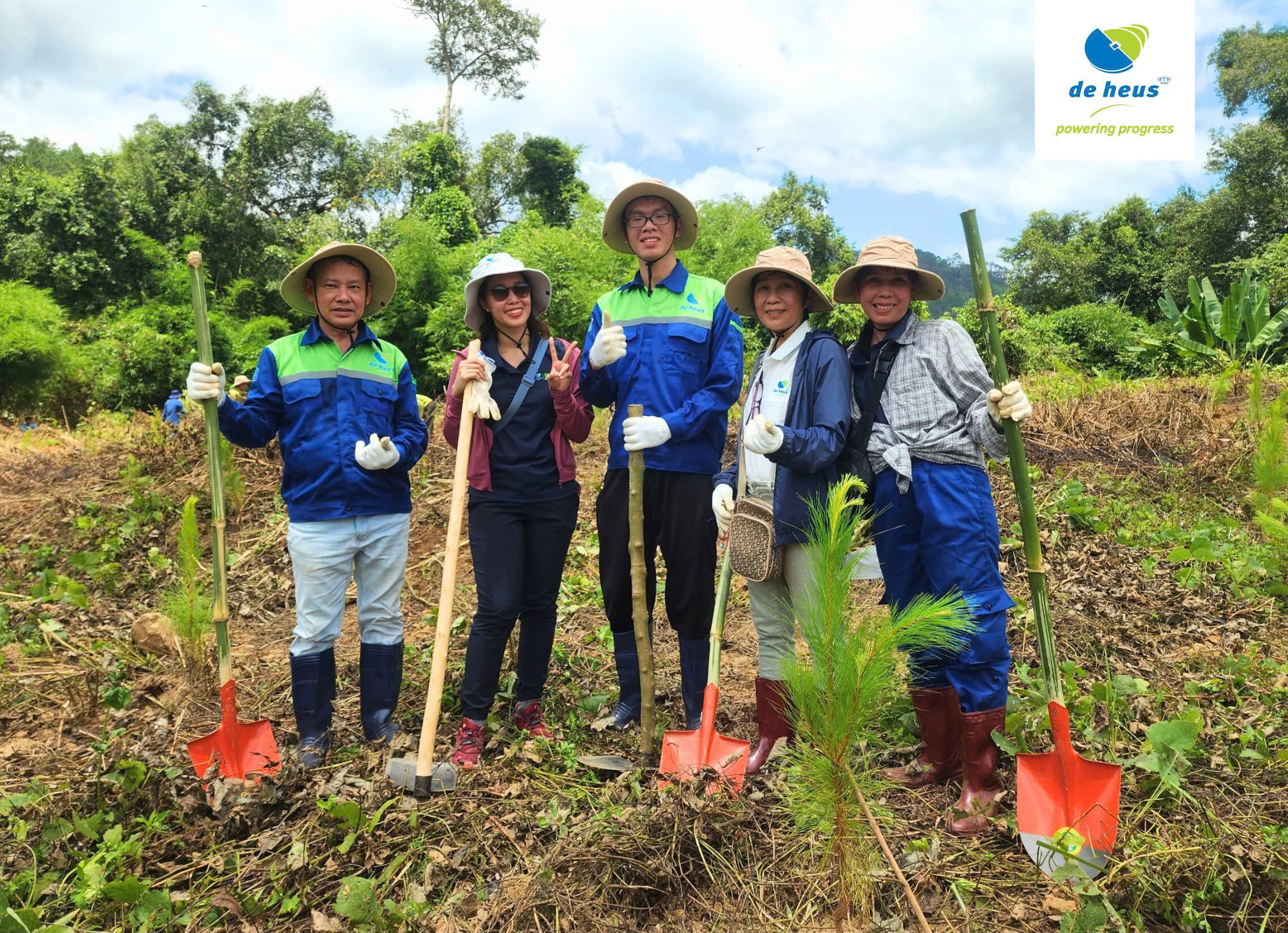
This year, the program "Contribute Trees, Plant Forests" was implemented by De Heus at Bidoup - Nui Ba National Park and Cuc Phuong National Park.
Talking about the next 5-year plan, Mr. Johan said De Heus is planning to penetrate some new markets in Southeast Asia, such as the Philippines.
"With the experience and legacy that De Heus has built over the years, as well as with 15 years of experience in Vietnam, we will be very proud to enter such markets and are confident that we will succeed. We have many talented colleagues, most of whom are Vietnamese, who will join De Heus' new journey" - General Director of De Heus Vietnam shared.
Source: https://danviet.vn/tong-giam-doc-de-heus-viet-nam-johan-van-den-ban-dong-hanh-xay-dung-tuong-lai-ben-vung-cho-nganh-chan-nuoi-20241013170902607.htm


![[Photo] General Secretary To Lam receives French Ambassador to Vietnam Olivier Brochet](https://vstatic.vietnam.vn/vietnam/resource/IMAGE/2025/4/17/49224f0f12e84b66a73b17eb251f7278)
![[Photo] National Assembly Chairman Tran Thanh Man meets with outstanding workers in the oil and gas industry](https://vstatic.vietnam.vn/vietnam/resource/IMAGE/2025/4/17/1d0de4026b75434ab34279624db7ee4a)

![[Photo] Closing of the 4th Summit of the Partnership for Green Growth and the Global Goals](https://vstatic.vietnam.vn/vietnam/resource/IMAGE/2025/4/17/c0a0df9852c84e58be0a8b939189c85a)
![[Photo] Promoting friendship, solidarity and cooperation between the armies and people of the two countries](https://vstatic.vietnam.vn/vietnam/resource/IMAGE/2025/4/17/0c4d087864f14092aed77252590b6bae)
![[Photo] Nhan Dan Newspaper announces the project "Love Vietnam so much"](https://vstatic.vietnam.vn/vietnam/resource/IMAGE/2025/4/17/362f882012d3432783fc92fab1b3e980)
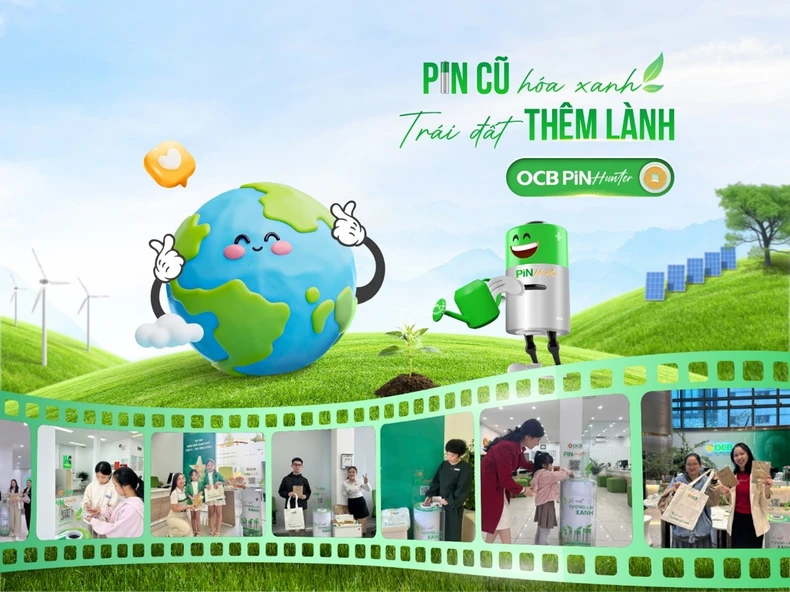

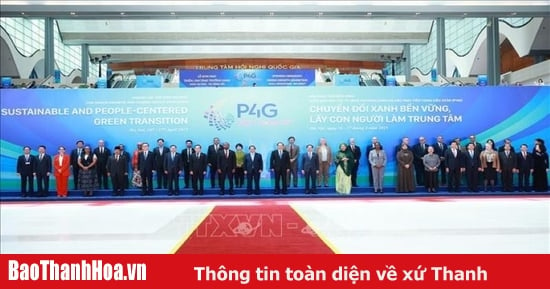

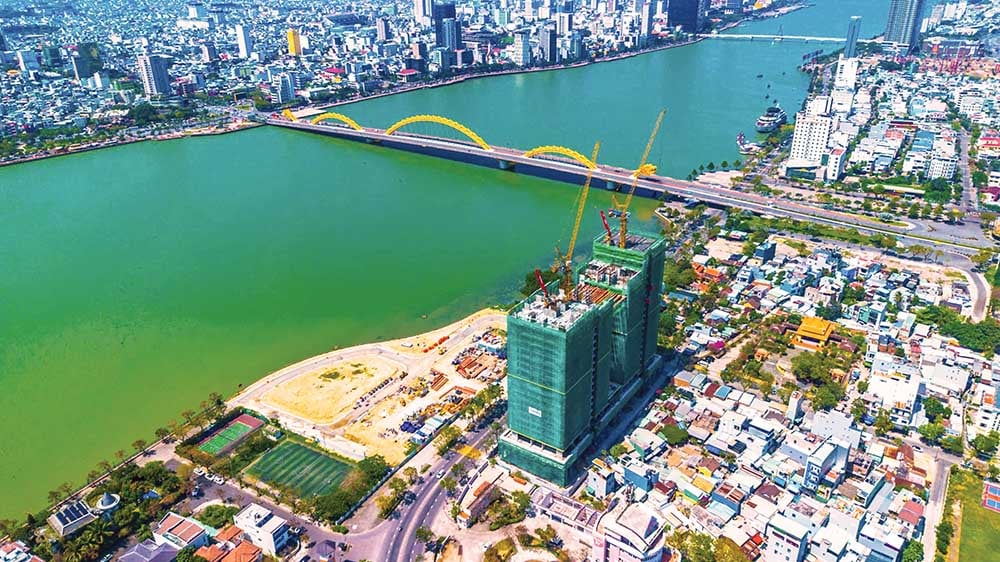

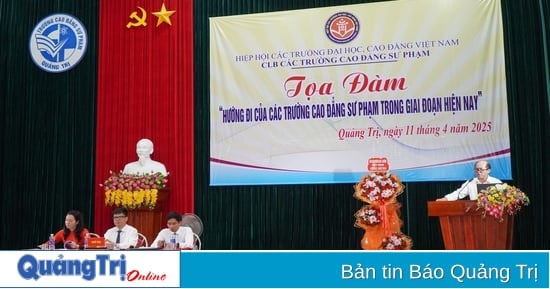

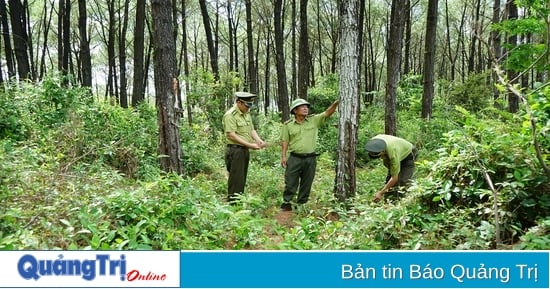
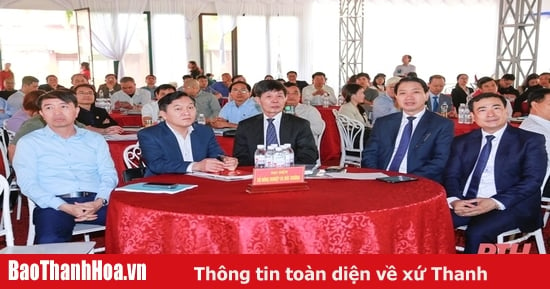
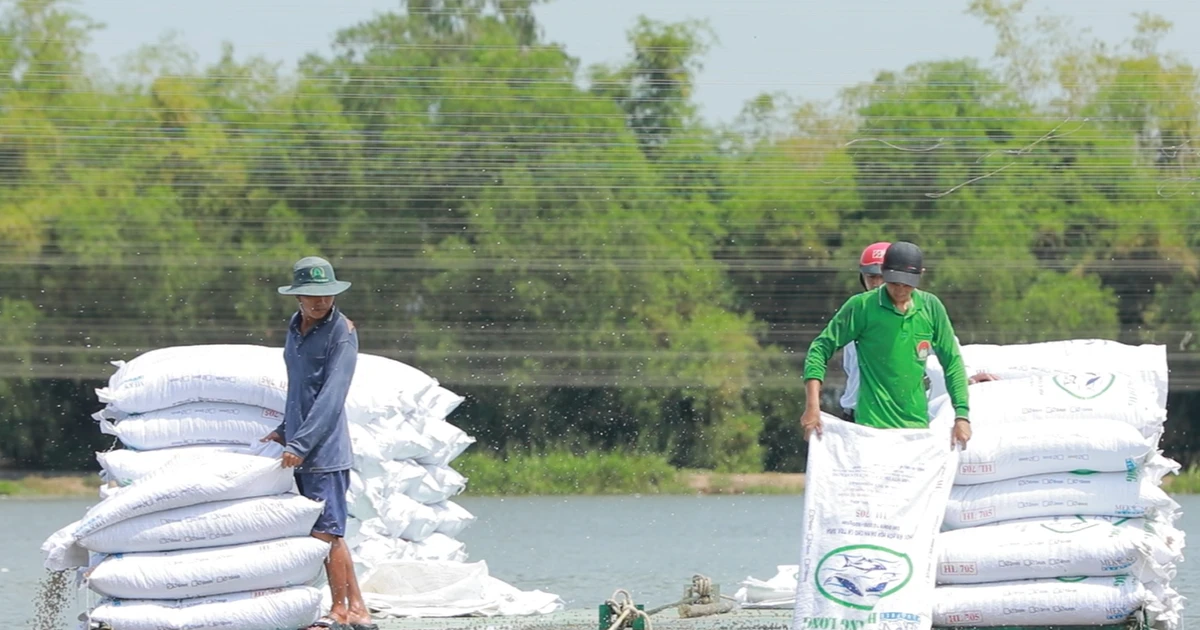

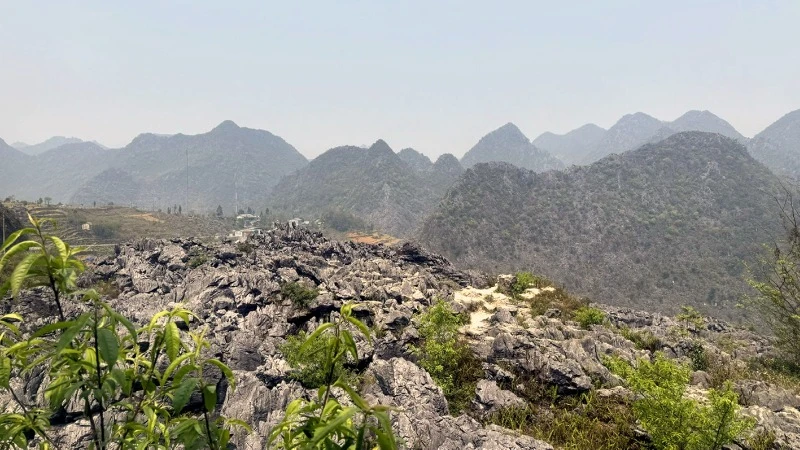
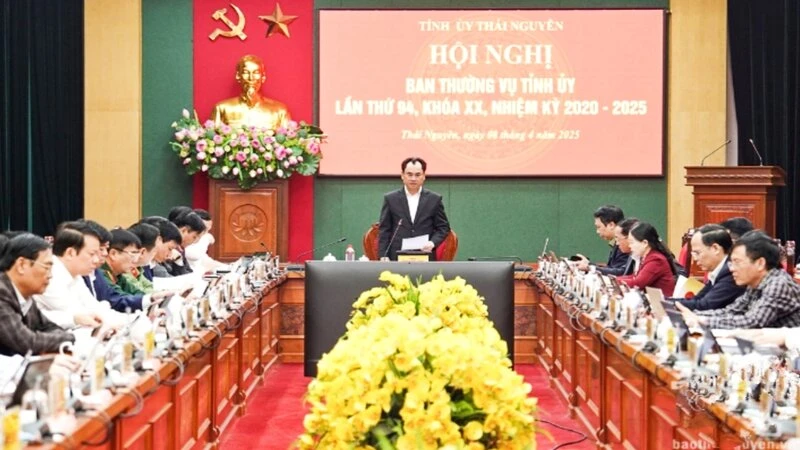
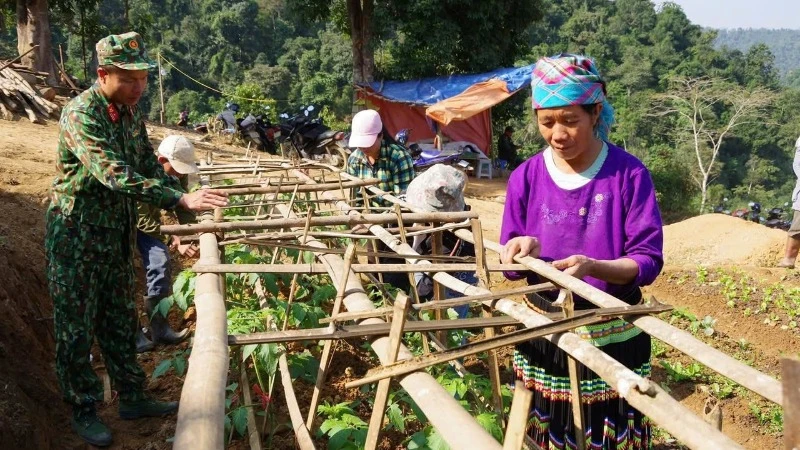
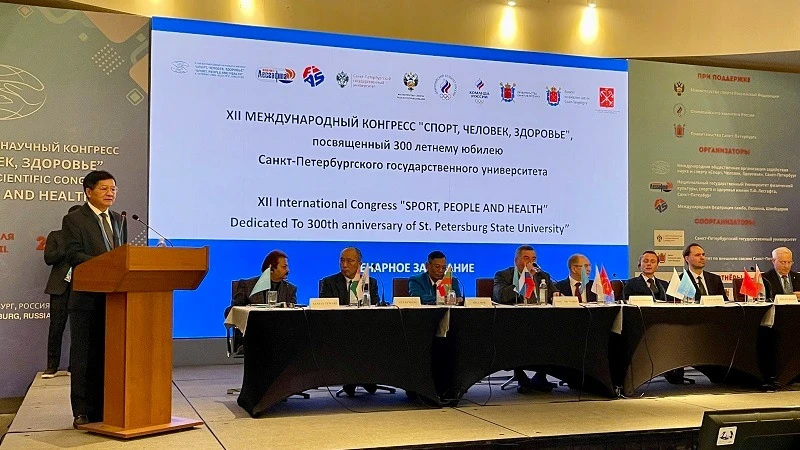




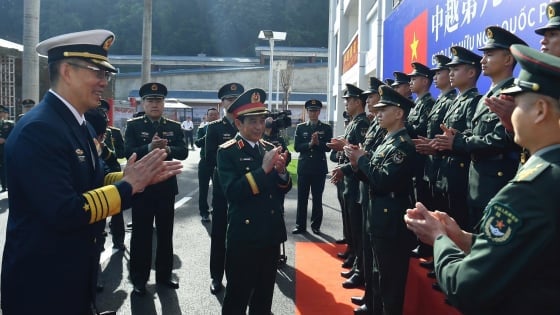
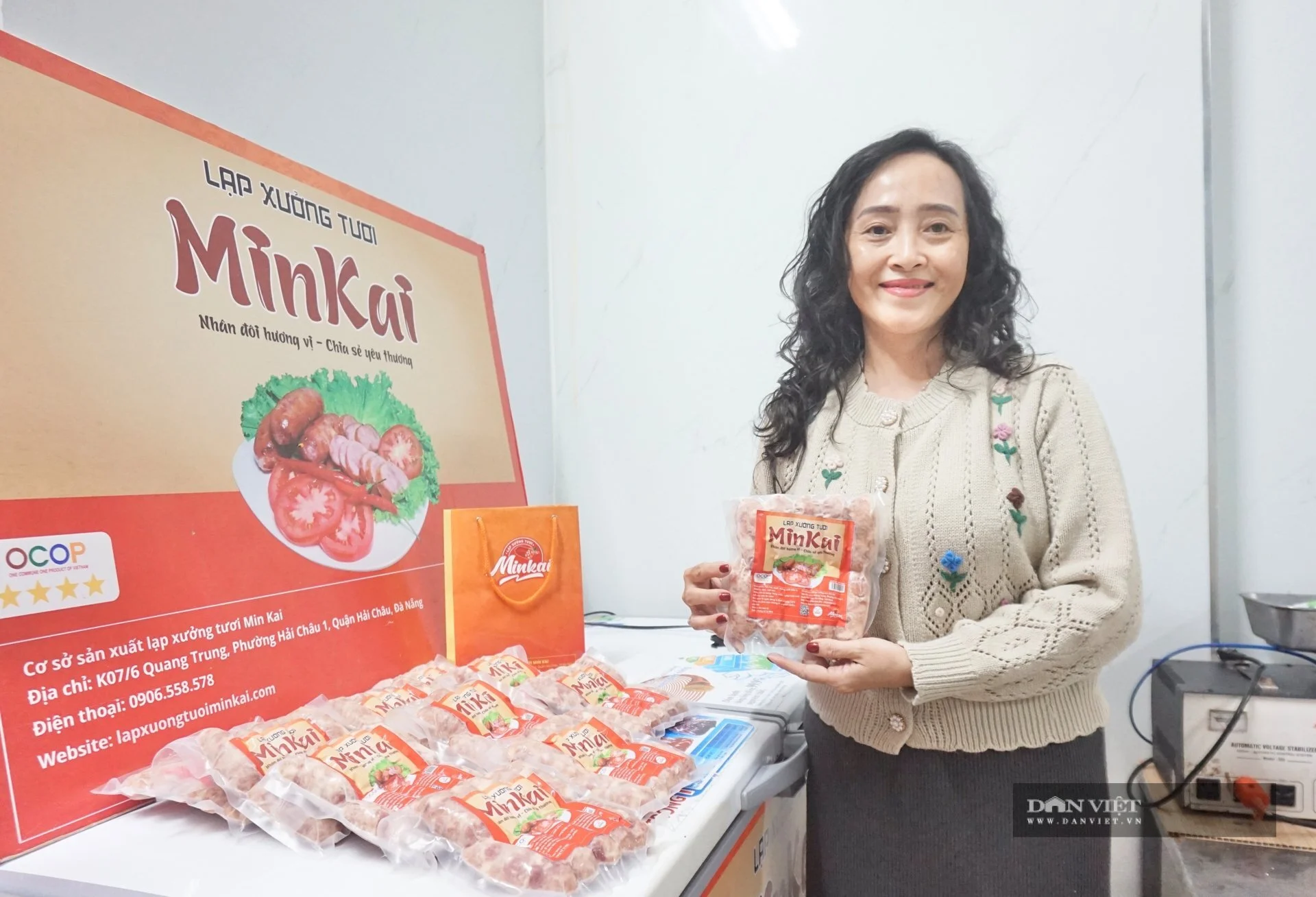


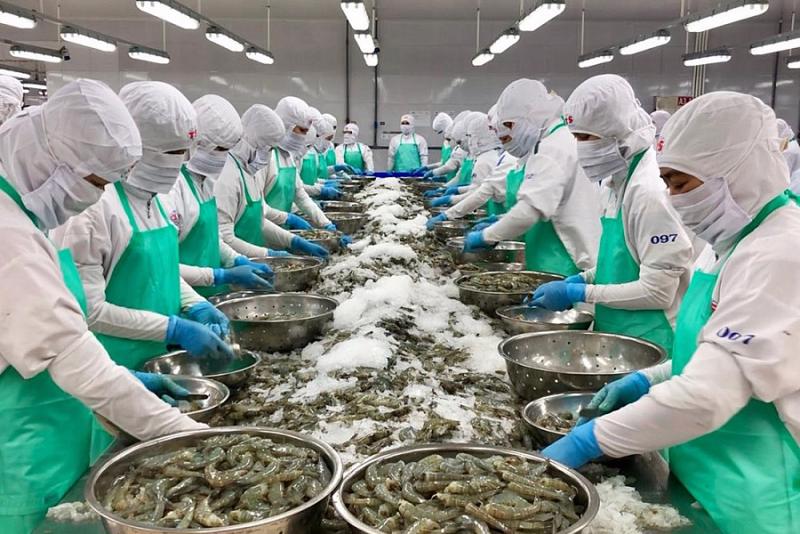
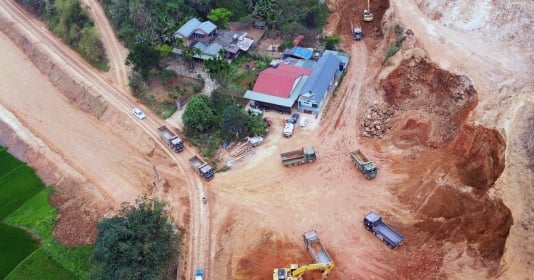
![[Photo] Welcoming ceremony for Chinese Defense Minister and delegation for friendship exchange](https://vstatic.vietnam.vn/vietnam/resource/IMAGE/2025/4/17/fadd533046594e5cacbb28de4c4d5655)


























![[Video] Viettel officially puts into operation the largest submarine optical cable line in Vietnam](https://vstatic.vietnam.vn/vietnam/resource/IMAGE/2025/4/17/f19008c6010c4a538cc422cb791ca0a1)

















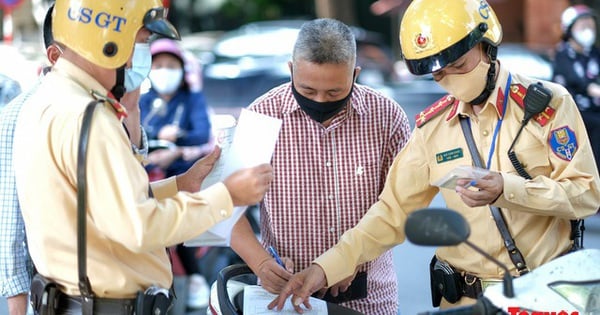
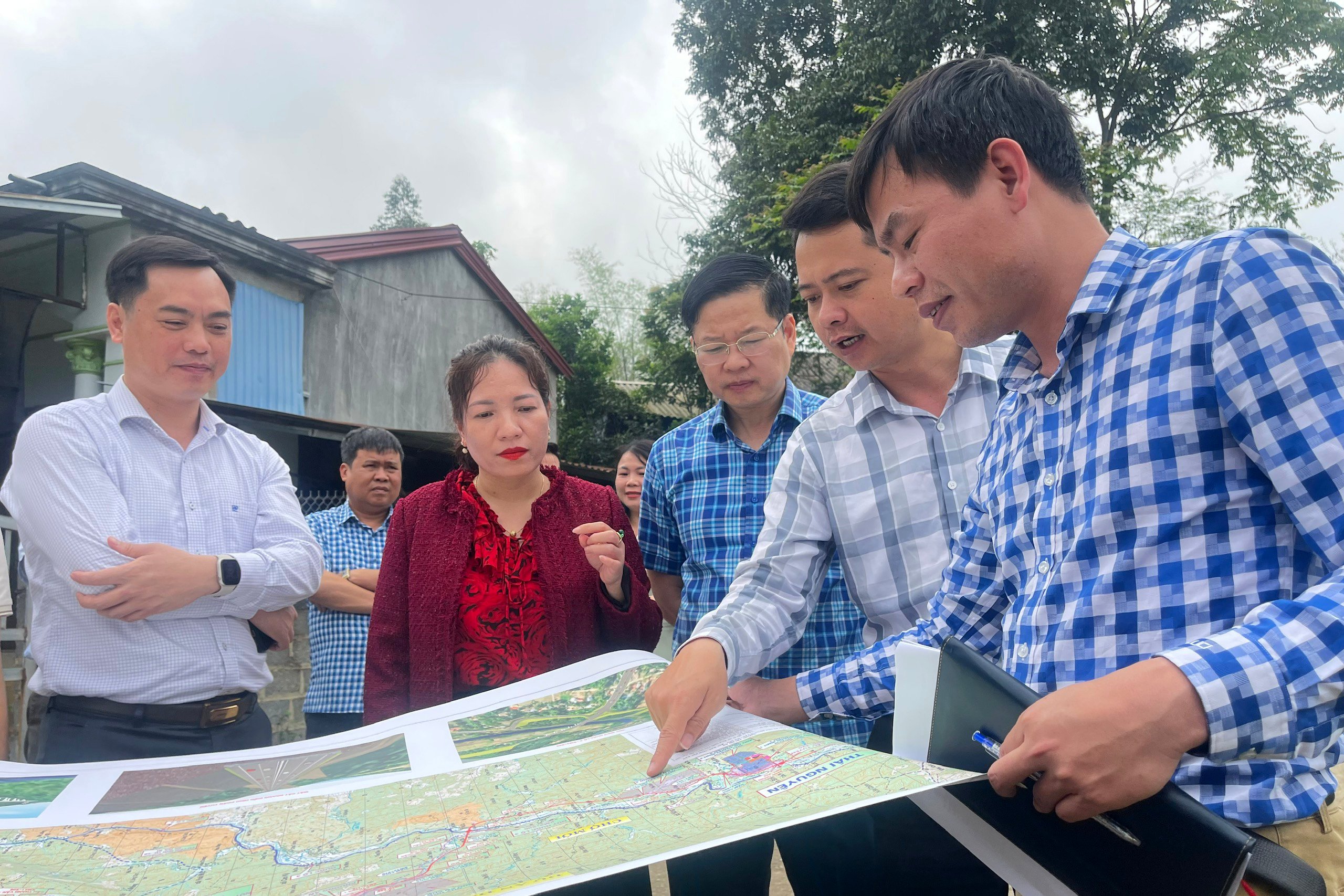
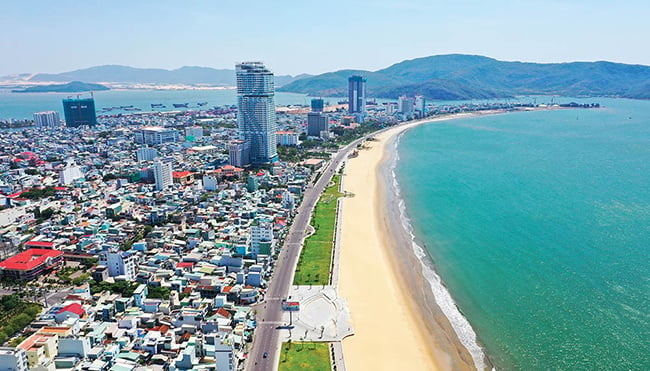
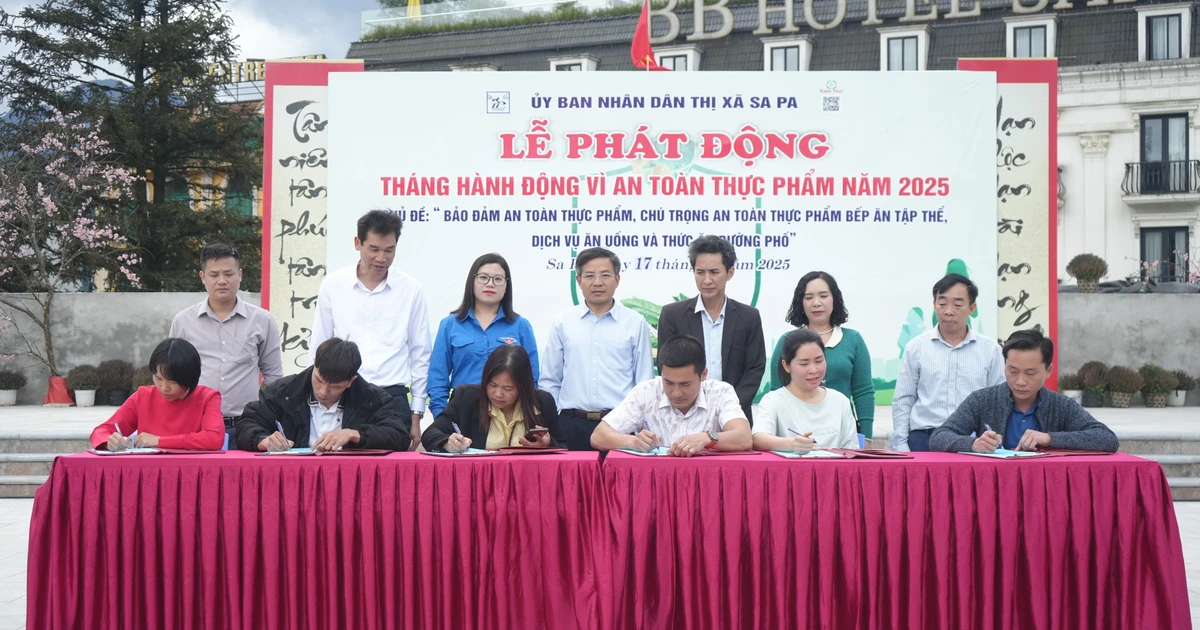

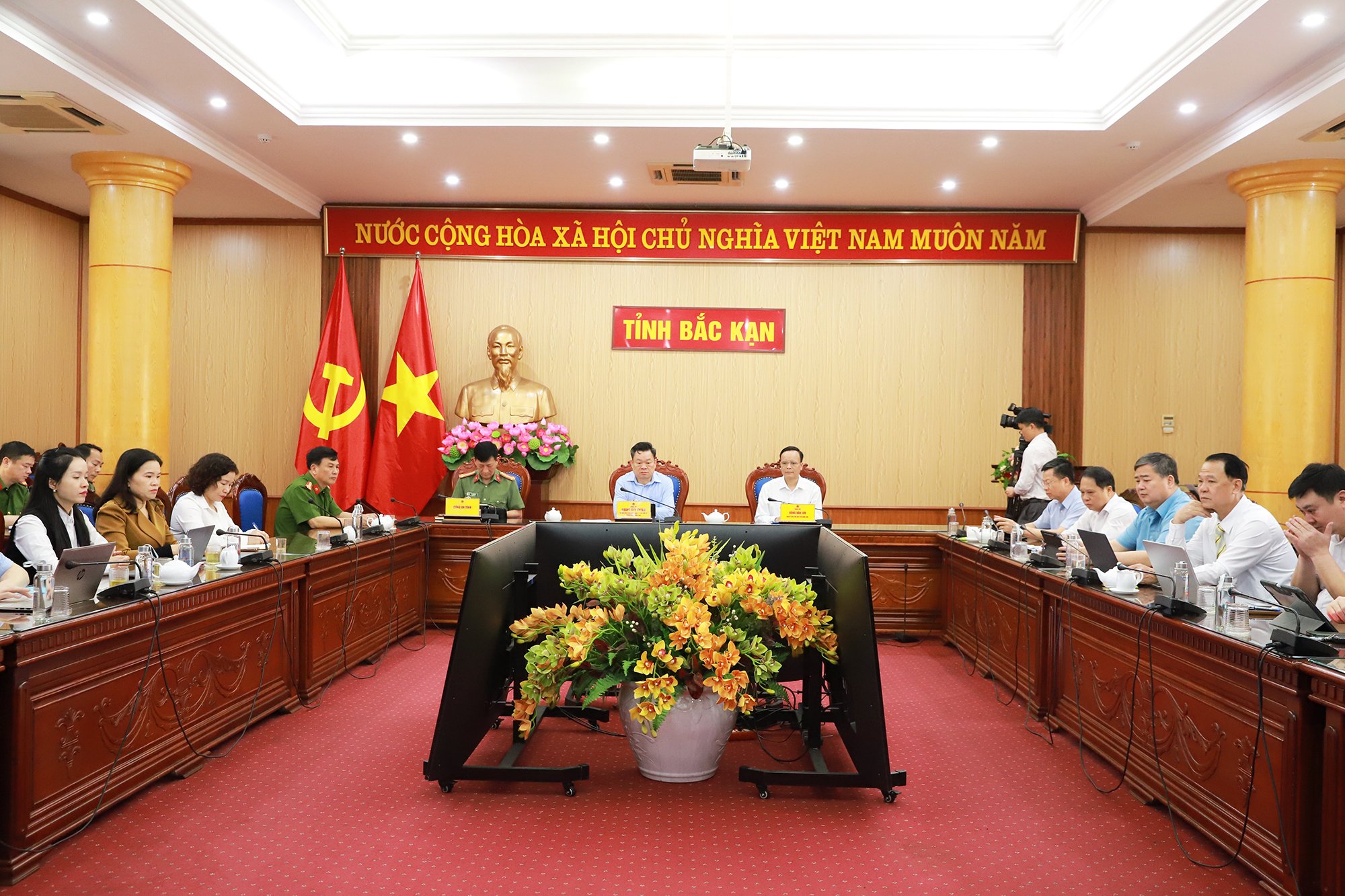
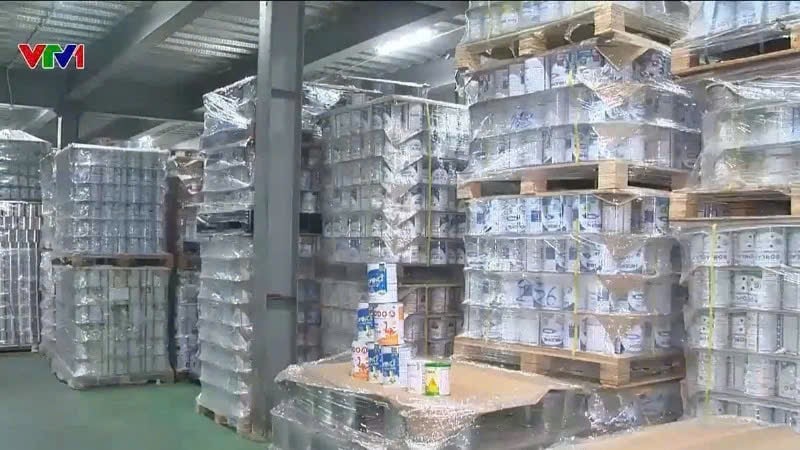













Comment (0)